
a viral infection that primarily affects the liver, has been a significant health concern worldwide. This condition, if left untreated, can lead to serious liver damage, including cirrhosis and liver cancer. However, with the right treatment approach, including homeopathic remedies, a full recovery is within reach.
Understanding Hepatitis C: Causes and Symptoms
Hepatitis C is caused by the Hepatitis C virus (HCV), which spreads primarily through blood-to-blood contact. Common ways the virus can be transmitted include:
Causes:Hepatitis C Treatments
- Sharing needles or syringes.
- Receiving contaminated blood transfusions (though this is rare with modern screening methods).
- Using unsterilized medical or tattoo equipment.
- Sexual contact with an infected person (less common).
- From mother to baby during childbirth.
Symptoms:
Hepatitis C is often called a “silent” infection because many people do not exhibit symptoms until liver damage becomes apparent. However, when symptoms do occur, they may include:
- Fatigue
- Jaundice (yellowing of the skin and eyes)
- Dark urine
- Nausea and vomiting
- Abdominal pain, particularly in the upper right side
- Loss of appetite
- Muscle and joint pain
- Fever
Early diagnosis and treatment are crucial to preventing serious liver complications.
A clinical test for Hepatitis C is a medical procedure used to detect the presence of the Hepatitis C virus (HCV) in the blood, assess the extent of liver damage, and guide treatment. The primary tests for diagnosing and managing Hepatitis C include:
1. HCV Antibody Test (Anti-HCV Test)
- Purpose: Detects antibodies to the Hepatitis C virus, indicating whether a person has been exposed to the virus.
- Process: A blood sample is taken and analyzed for the presence of antibodies.
- Result Interpretation:
- Positive: Indicates past or current HCV infection.
- Negative: No antibodies detected; the person is likely not infected.
2. HCV RNA Test (PCR Test)
- Purpose: Detects the actual presence of the Hepatitis C virus’s genetic material (RNA) in the blood, confirming an active infection.
- Process: Blood is tested using a polymerase chain reaction (PCR) technique to measure the amount of viral RNA.
- Result Interpretation:
- Positive: Active Hepatitis C infection.
- Negative: No active infection; possible past infection that has cleared.
3. HCV Genotype Test
- Purpose: Identifies the specific strain (genotype) of the Hepatitis C virus, which is crucial for determining the most effective treatment.
- Process: Blood is analyzed to determine the virus’s genotype.
- Common Genotypes: There are six main genotypes of HCV, and treatment may vary depending on the genotype.
4. Liver Function Tests (LFTs)
- Purpose: Measures liver enzymes and other substances in the blood to assess liver function and damage.
- Process: Blood tests that check levels of enzymes such as ALT (alanine aminotransferase) and AST (aspartate aminotransferase), bilirubin, and albumin.
- Result Interpretation:
- Elevated Levels: May indicate liver inflammation or damage.
- Normal Levels: May suggest normal liver function, but not necessarily the absence of infection.
5. Liver Biopsy
- Purpose: Determines the extent of liver damage or fibrosis (scarring) caused by Hepatitis C.
- Process: A small tissue sample is taken from the liver and examined under a microscope.
- Result Interpretation: Provides detailed information about liver inflammation, fibrosis, and cirrhosis.
6. Non-Invasive Liver Fibrosis Tests
- FibroScan (Transient Elastography): Measures liver stiffness to assess fibrosis and cirrhosis.
- FibroTest: A blood test combined with other markers to evaluate liver fibrosis.
These tests are often used together to diagnose Hepatitis C, assess the severity of liver damage, and determine the best treatment options. Early detection and treatment are key to managing Hepatitis C effectively and preventing long-term liver damage.
Top 20 Homeopathic for Hepatitis C Treatments

Homeopathy offers a holistic approach to managing Hepatitis C, focusing on strengthening the body’s natural defenses and promoting liver health. Here are 20 effective homeopathic remedies recommended by Dr. Basharat Ali:
- Chelidonium Majus: Excellent for liver support and jaundice.
- Nux Vomica: For liver dysfunction due to lifestyle factors like alcohol or drug use.
- Lycopodium: Helps in cases of chronic hepatitis with bloating and digestive issues.
- Carduus Marianus: Known for its liver-protecting properties, especially in cirrhosis.
- Phosphorus: For hepatitis with fatty degeneration of the liver.
- Bryonia: Effective for liver inflammation with a dry, burning sensation.
- Arsenicum Album: Helps with liver cirrhosis and general debility.
- Mercurius Solubilis: For chronic hepatitis with jaundice and fever.
- Natrum Sulphuricum: Useful for liver disorders with a history of malaria or other infections.
- Sulphur: For liver problems with itching and skin eruptions.
- China Officinalis: For liver damage due to recurrent fevers or infections.
- Berberis Vulgaris: Helps in managing gallstones and liver congestion.
- Kali Mur: For fatty liver and sluggish digestion.
- Chionanthus Virginica: Useful in cases of hepatitis with severe jaundice.
- Podophyllum: For liver disorders with profuse, watery stools.
- Ipecacuanha: For persistent nausea and vomiting in hepatitis patients.
- Sepia: Helps with hormonal imbalances affecting liver function.
- Taraxacum: A great liver tonic, especially for detoxification.
- Hydrastis Canadensis: For liver ailments with weakness and digestive disturbances.
- Myristica Sebifera: Promotes healing of liver abscesses and reduces inflammation.
Home Remedies for: Hepatitis C Treatments
Alongside homeopathic treatments, certain home remedies can support liver health and aid in the recovery from Hepatitis C:
- Lemon Juice: Rich in Vitamin C, lemon juice helps detoxify the liver and boost immunity.
- Garlic: Contains sulfur compounds that support liver function and act as an antiviral agent.
- Turmeric: Known for its anti-inflammatory properties, turmeric can help reduce liver inflammation.
- Ginger Tea: Aids digestion and reduces nausea associated with Hepatitis C.
- Amla (Indian Gooseberry): High in Vitamin C, it helps detoxify the liver and boost immunity.
- Carrot Juice: Packed with antioxidants, it helps in liver detoxification.
- Milk Thistle: A traditional remedy for liver health, it can protect liver cells and promote regeneration.
- Dandelion Root Tea: Supports liver detoxification and promotes bile production.
- Apple Cider Vinegar: Helps cleanse the liver and improve digestion.
- Green Tea: Rich in antioxidants, it supports overall liver health and aids in fat reduction.
- Papaya Seeds: Known for their ability to detoxify the liver and improve digestion.
- Beetroot Juice: Enhances liver detoxification and reduces oxidative stress.
- Coconut Water: Hydrates and detoxifies the liver while supporting overall immune function.
- Olive Oil: Helps in the production of bile and improves liver function.
- Aloe Vera Juice: Supports liver detoxification and promotes healing.
- Cilantro: Helps in detoxifying heavy metals from the body, protecting the liver.
- Bitter Gourd: Known to improve liver function and lower blood sugar levels.
- Flaxseeds: High in omega-3 fatty acids, they reduce inflammation and support liver health.
- Walnuts: Contain amino acids that help detoxify ammonia from the liver.
- Yogurt: Supports gut health, which is crucial for overall liver function.






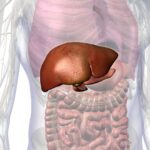
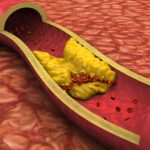


















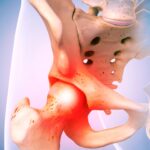









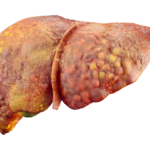
























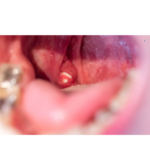



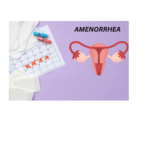



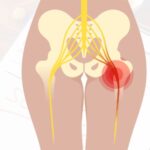

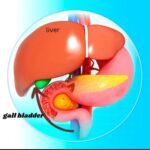
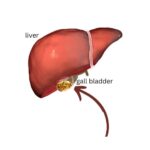











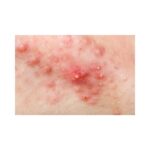



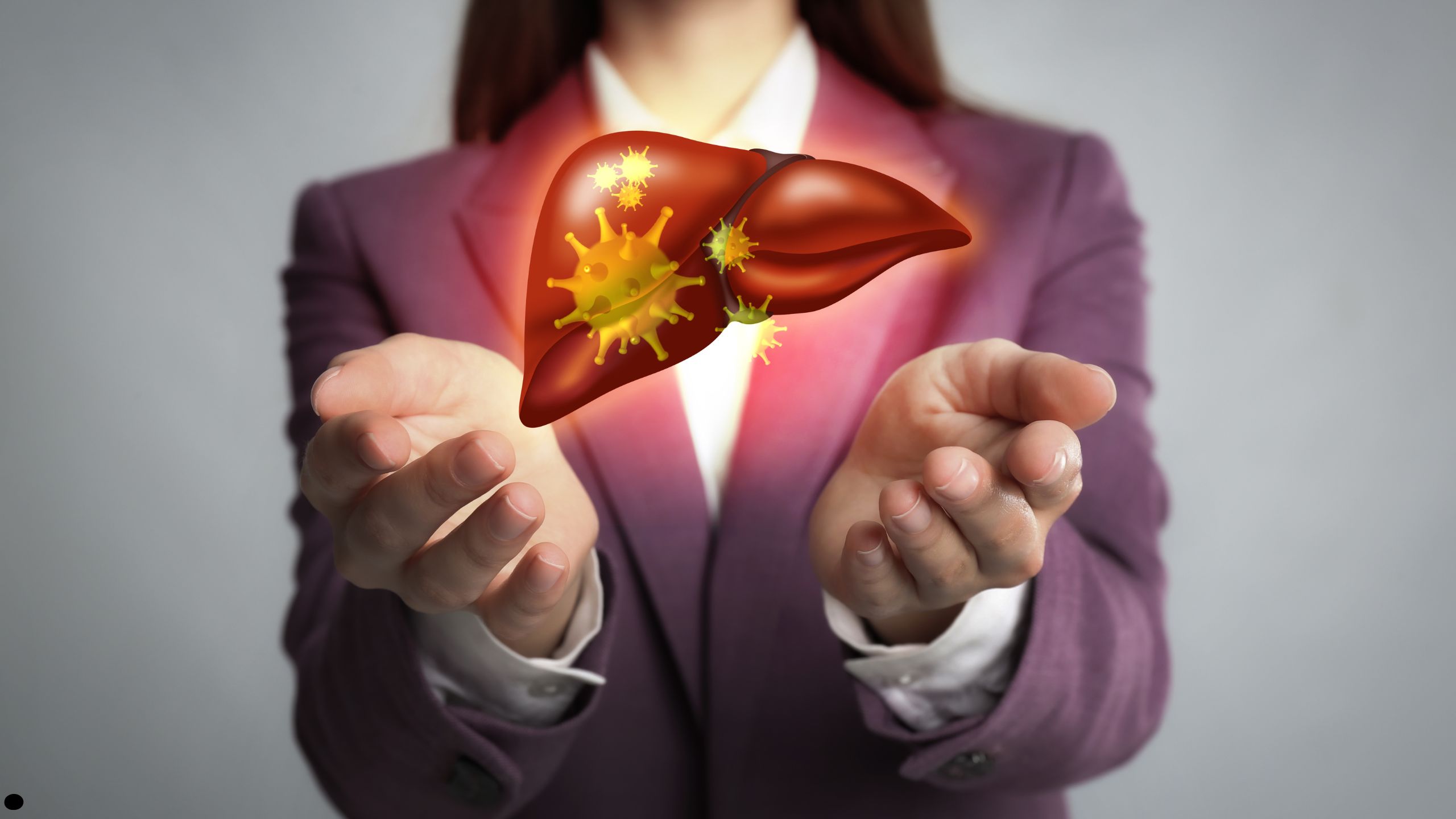
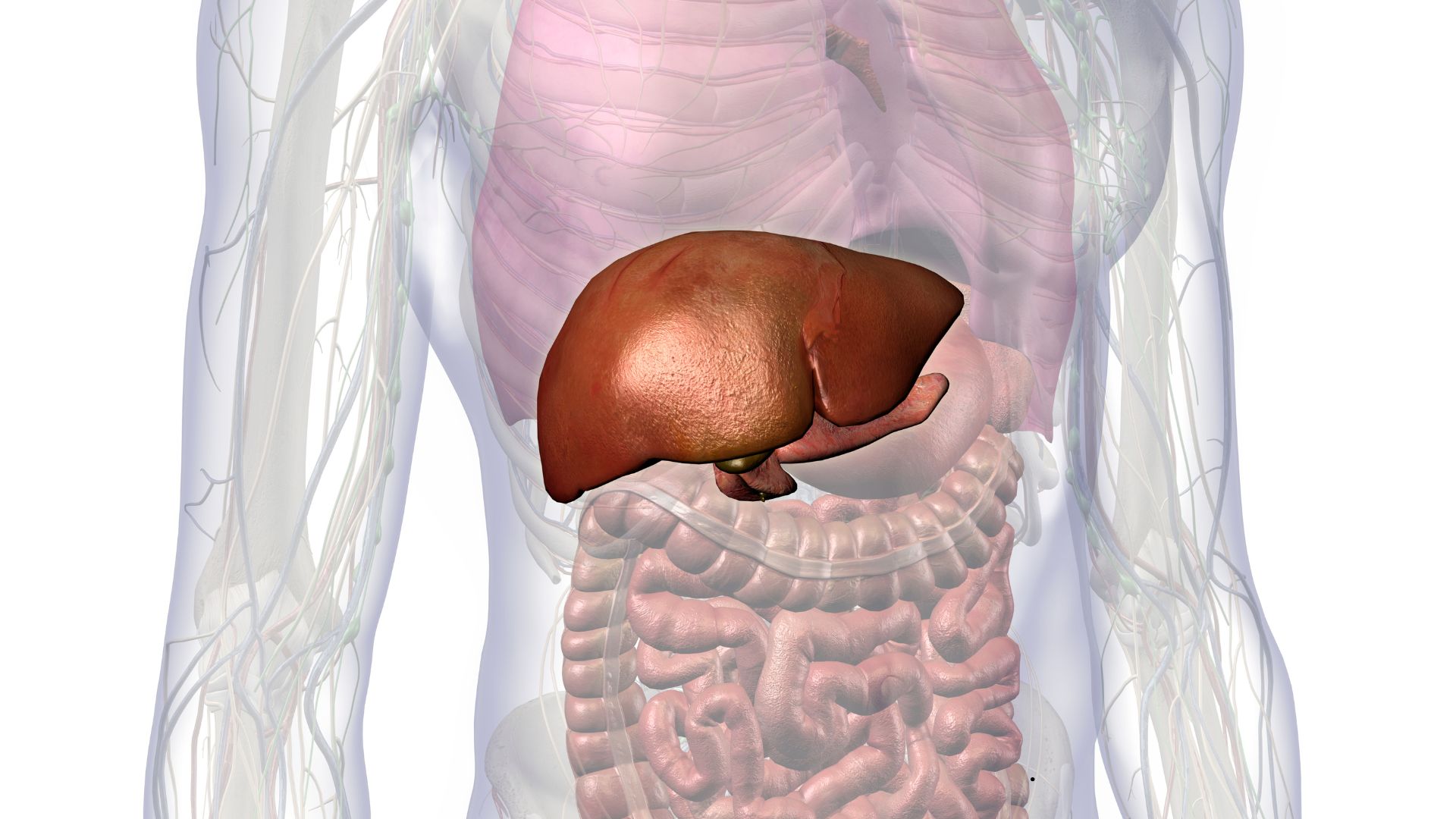
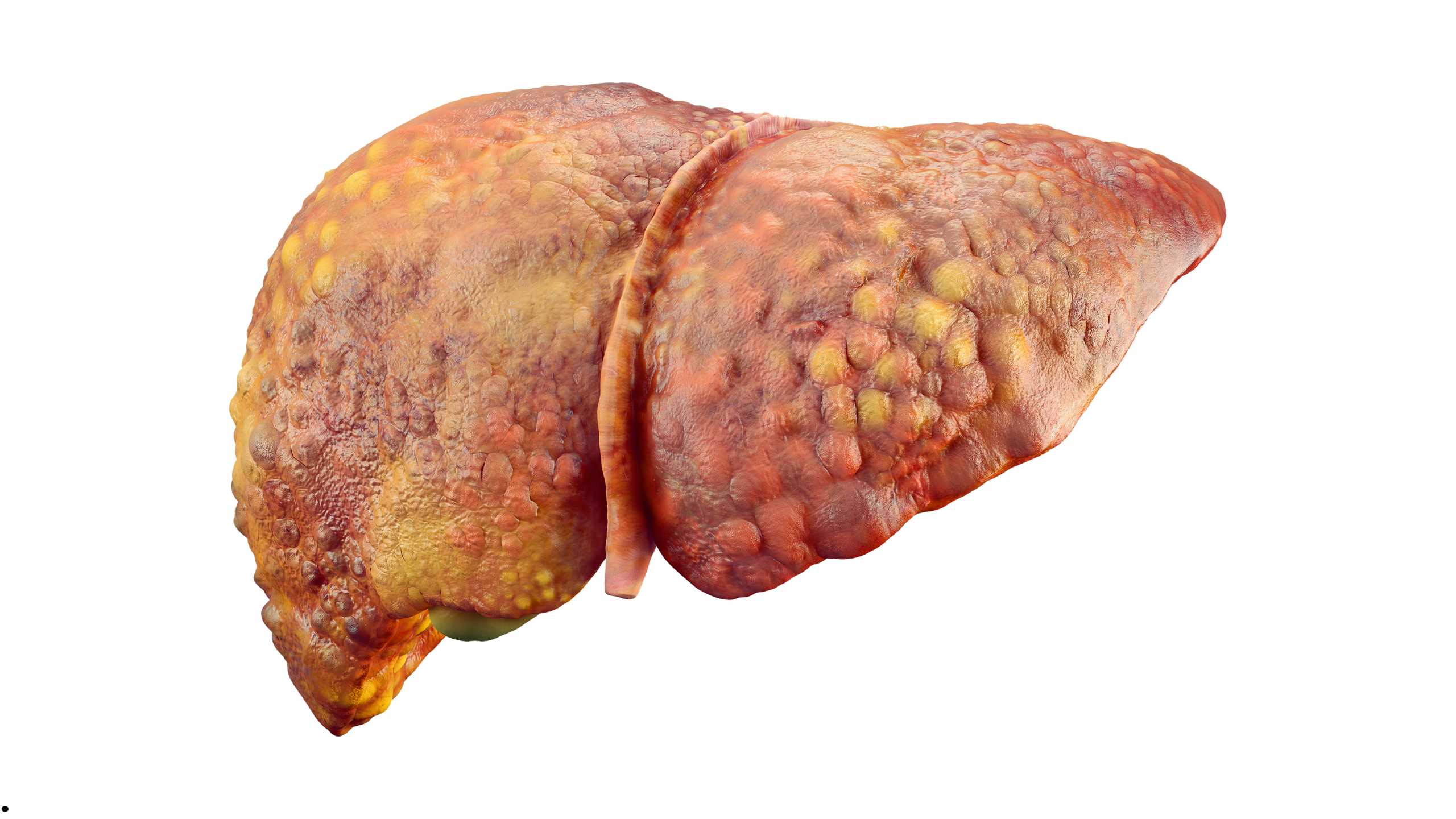
Good knolage
Way cool, some valid points! I appreciate you making this article available, the rest of the site is also high quality. Have a fun.